Chinese EV brand Nio has confirmed that it will initiate its European roll-out within the coming months, with its Nio ES8 SUV available to order in Norway from July.
Nio's European Vice President Hui Zhang recently told Autocar that the firm was on track for a European launch in 2021, but had yet to decide which country it would sell cars in first.
Earlier this year, Norway became the first country in the world where the majority of new car sales were pure-electric cars. Nio CEO William Li said the Scandinavian country is "at the forefront of e-mobility andsustainable growth", which coupled with its "strong sense of community and high purchasing power", make it a "perfect fit" for Nio.
The ES8, on sale in China since 2018, is a seven-seat Tesla Model X rival with a combined 641bhp from its four-wheel-drive, twin-motor powertrain, and a WLTP-certified range of 310 miles. Prices will be confirmed in the coming months, ahead of customer deliveries beginning in September.
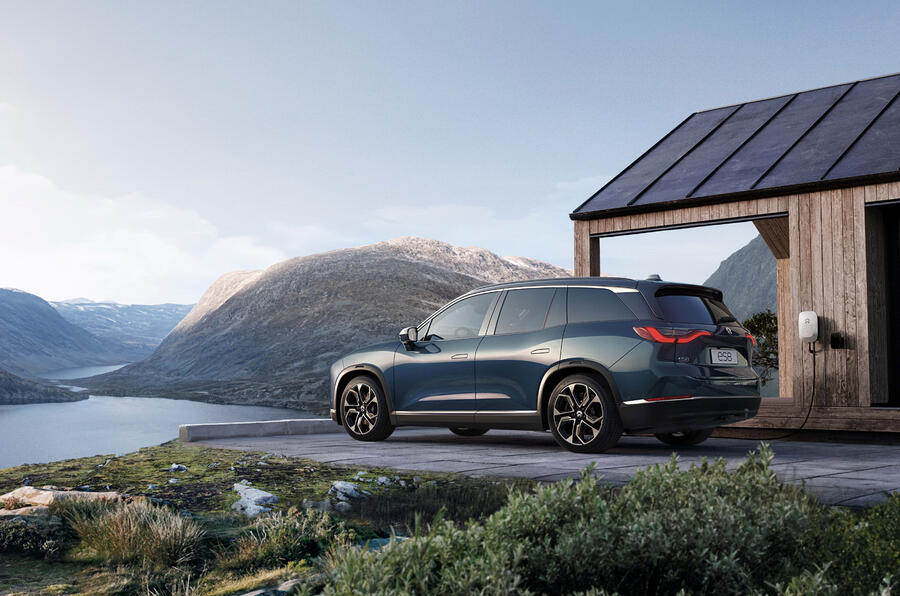
The ES8 will be followed in Europe in 2022 by Nio's 644bhp ET7 saloon, which claims a range of more than 621 miles with its largest battery pack, and features a raft of advanced autonomy functions.
Most notably, Nio also intends to roll out its 'Power Swap' battery replacement service in the European market, which it claims "enables vehicle batteries to be automatically replaced within three minutes". Four stations are set to enter operation this year, with several more to follow in 2022, creating a battery swap network in five Norweigan cities.
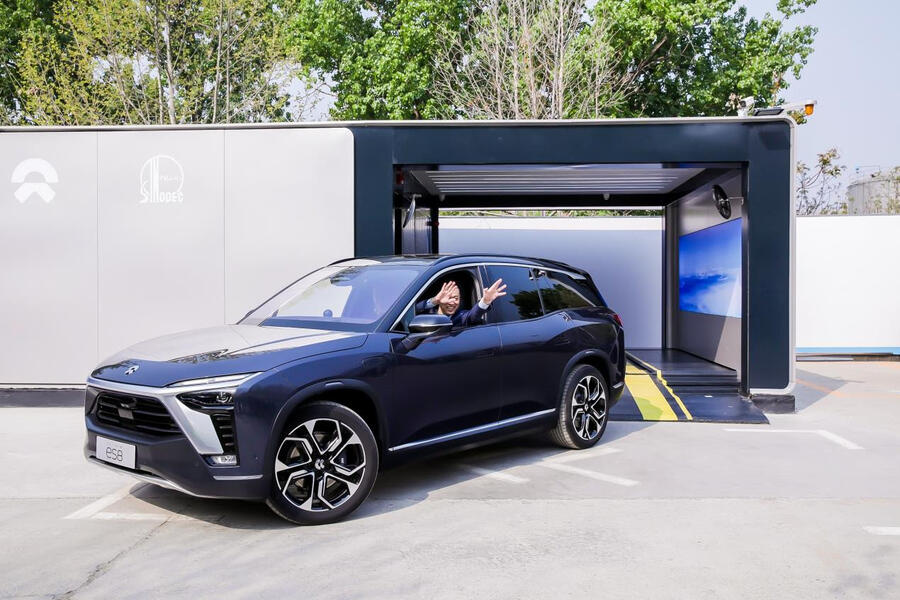
Nio will also build a 'Supercharger' network in Norway, and will offer customers installation of a bespoke home charging device.

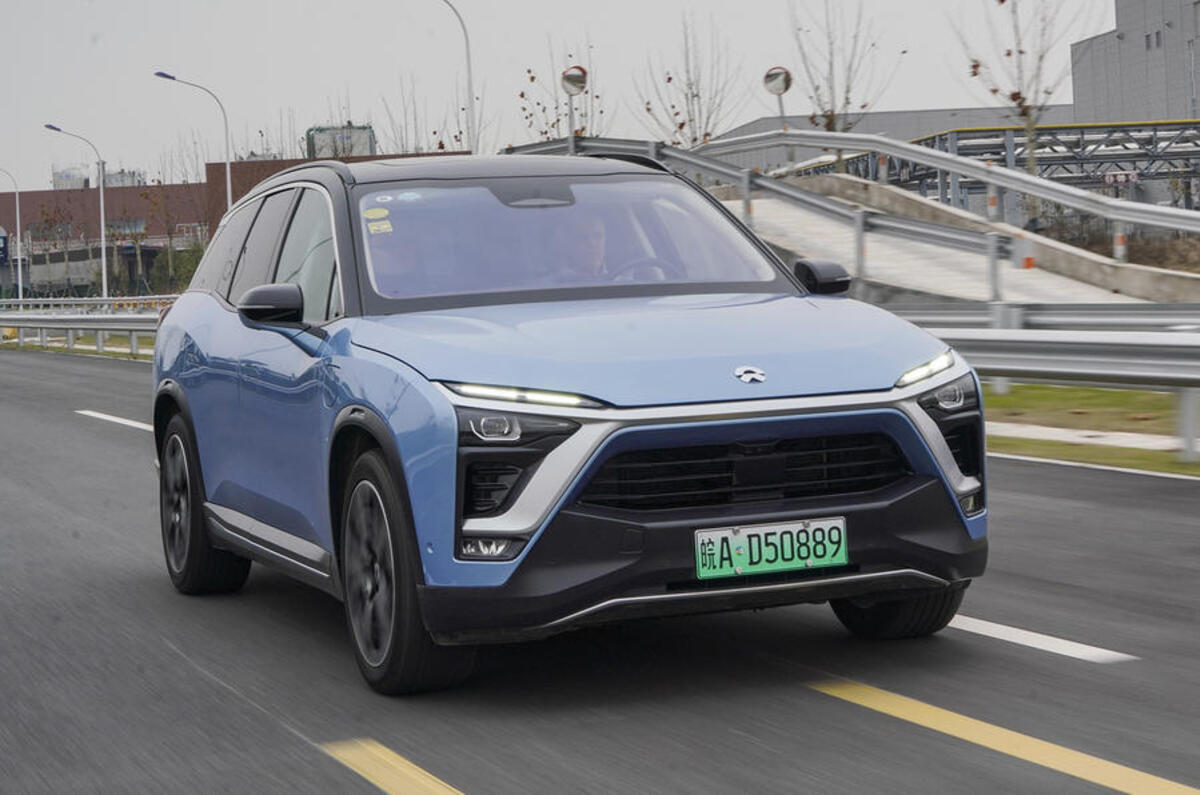
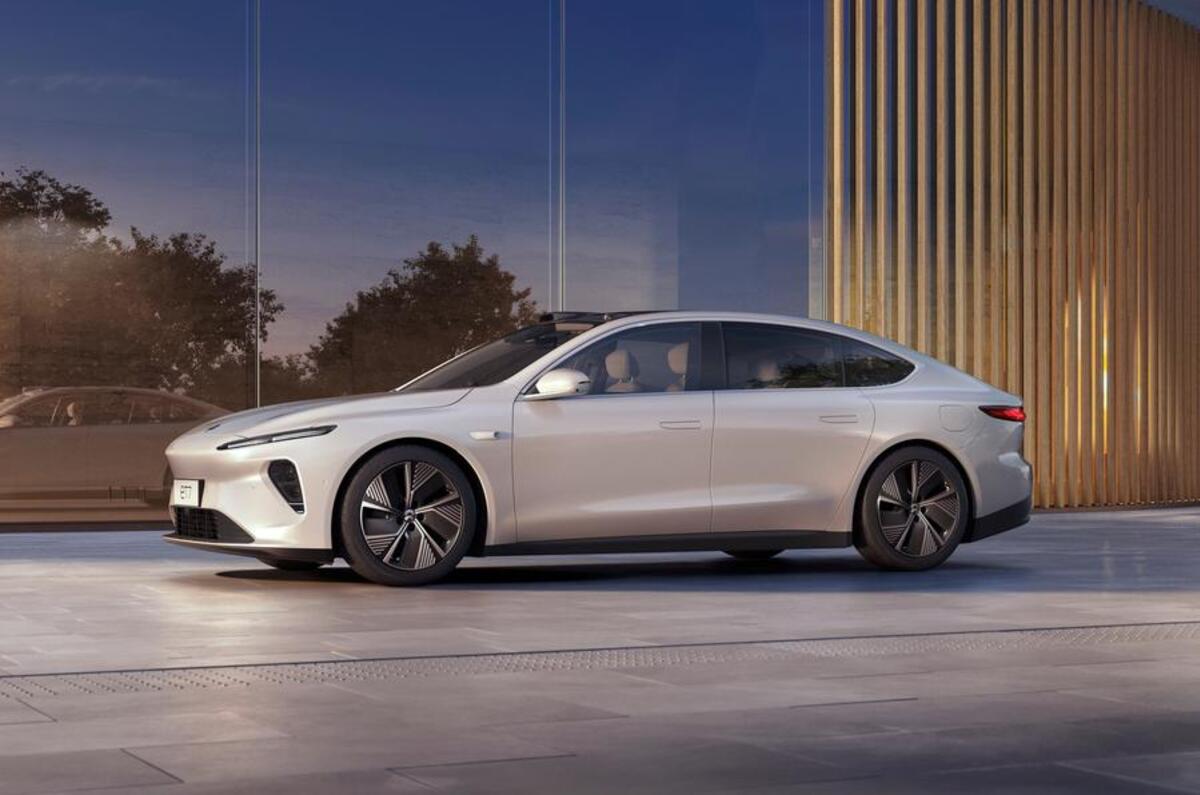
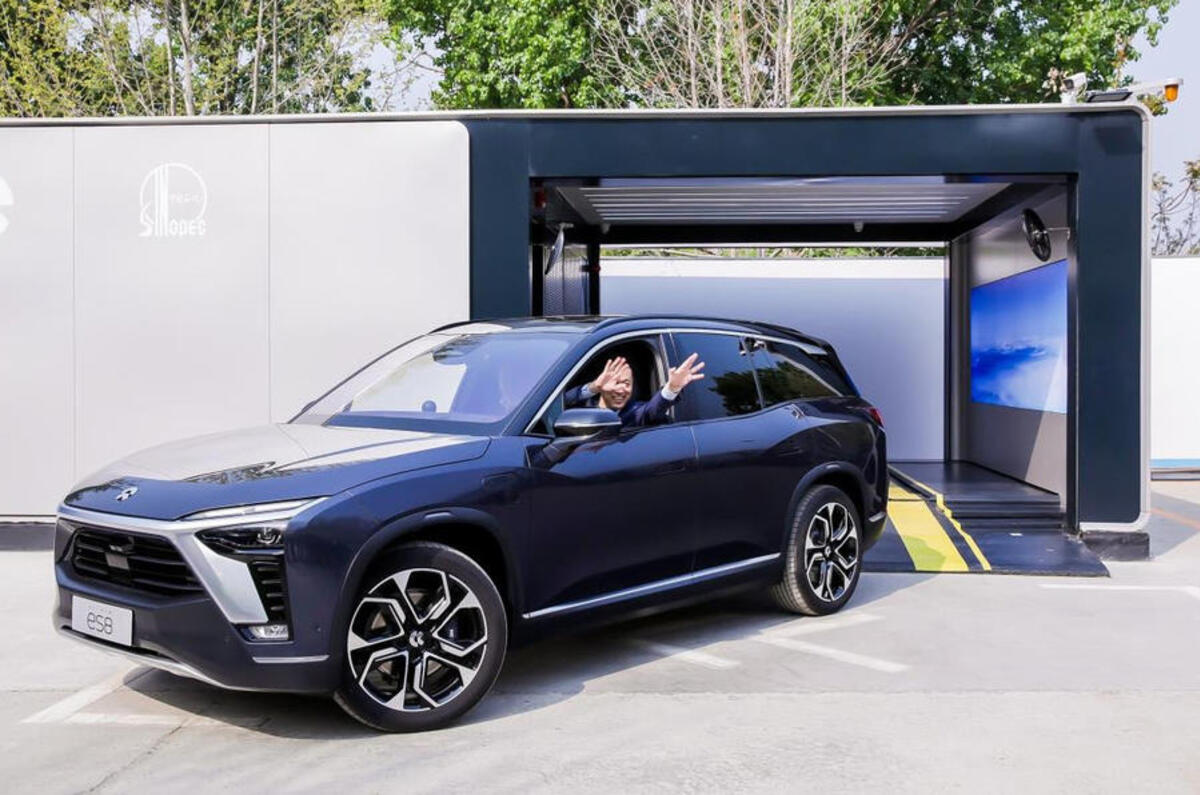
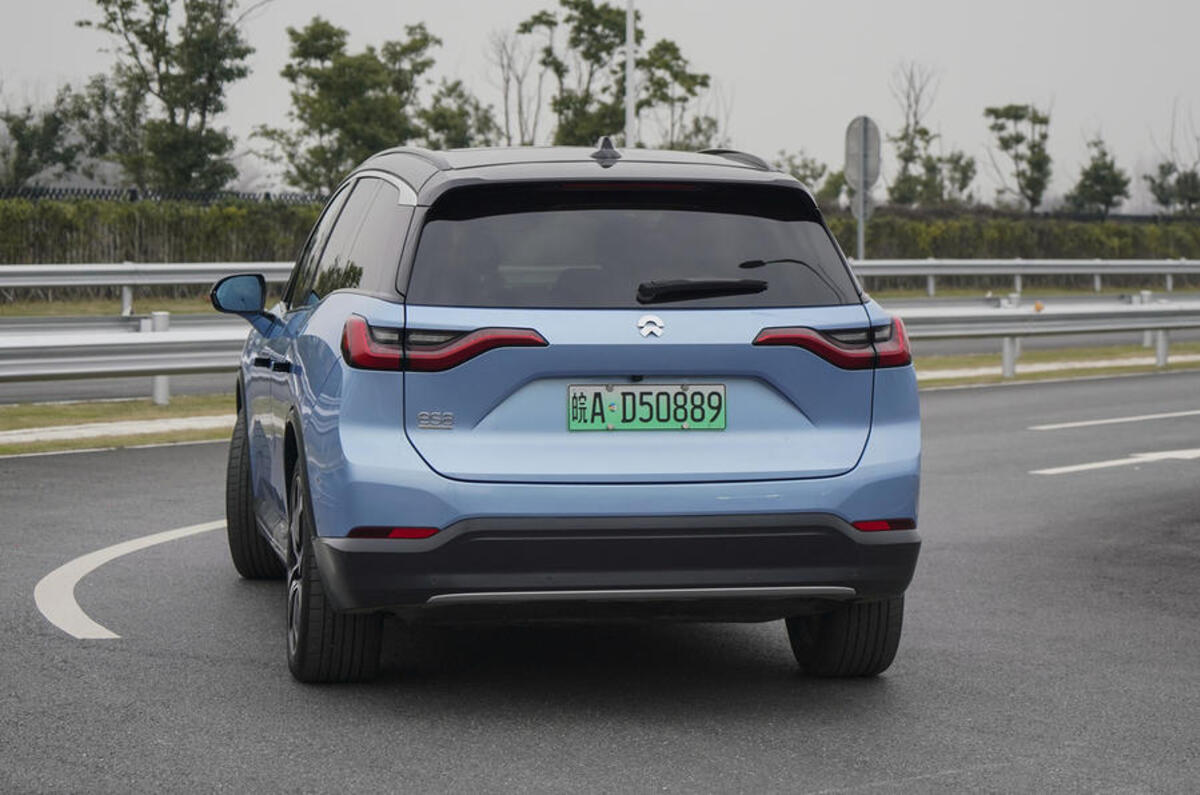
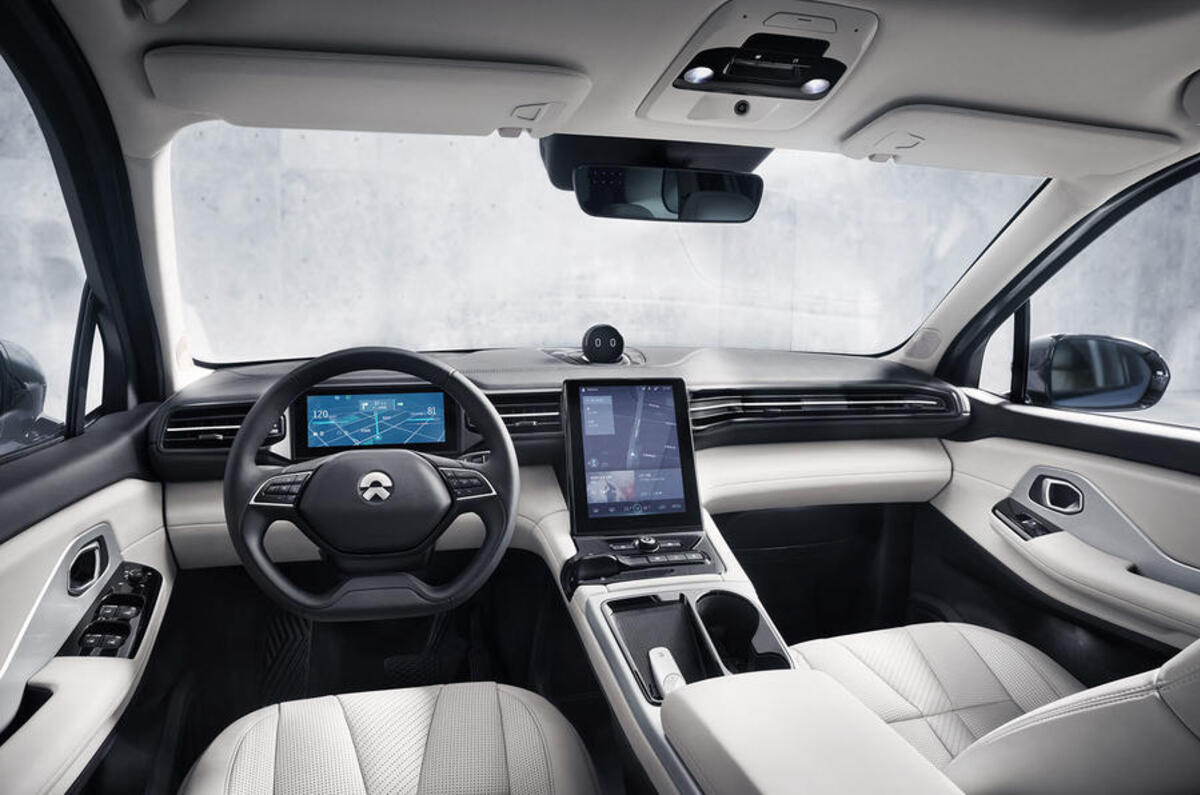
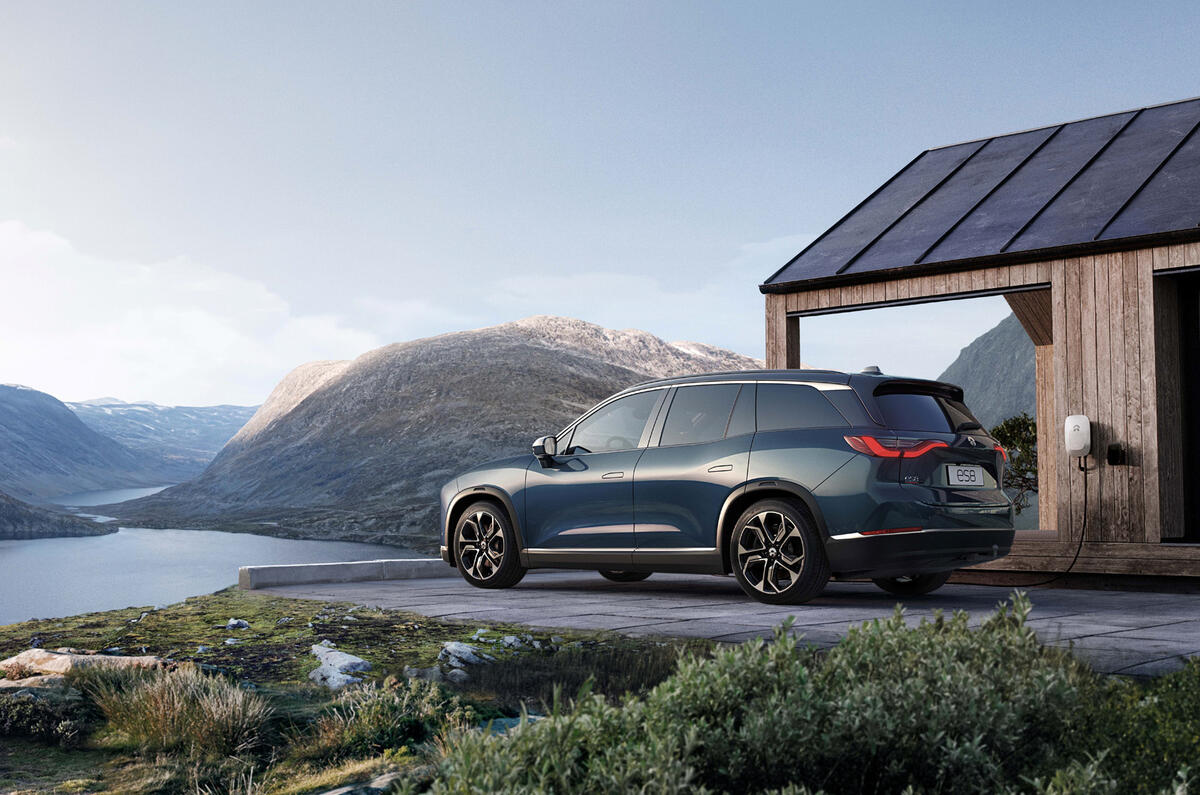
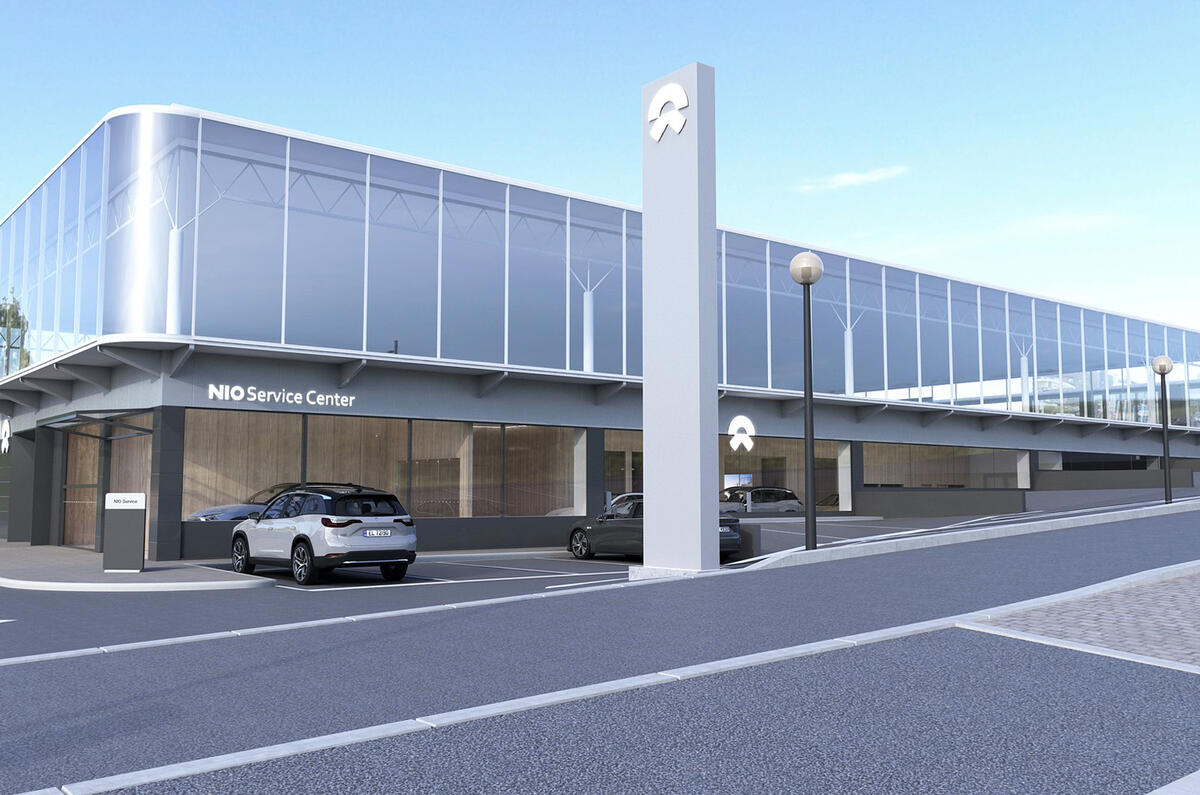
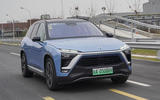
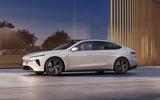
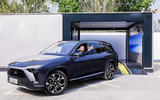
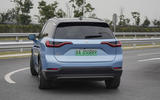
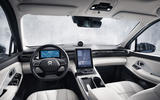
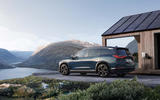
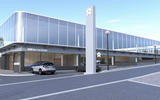






Join the debate
Add your comment
Battery swaps, renault tried this years ago then realised what others knew, it was a no go. Of course since then batteries have improved massively and 25 minutes recharge time after 4 hours of driving is now possible, who knows what will be possible in another 10 years. Besides not really a problem for 90 percent of us who might only do a long journey a couple of times a year, beats queing at tesco once a week.
Battery swaps, that's the only way to make EVs practical, someone is thinking, I suggested this method of dealing with recharging batteries some months ago, rather than trying to "power blast" lipo cells in 20 minutes. With the market dominated by SUV (and that fact will help the startups as they will not have to do anything fancy with regard to handling,ride or dynamics) the only question that reamains curiously unanswered is how much less than legacy manufacturers vehicles will this sort of offering cost. Not certain where this will leave the legacy manufacturers especially the European manufacturers lead down the diesel garden path by "you know who".
The statement that, they'd consider RHD if they thought there'd be enough to demand for it,suggests we and others are a minority and should change to LHD ?, because it would be easier , for them?